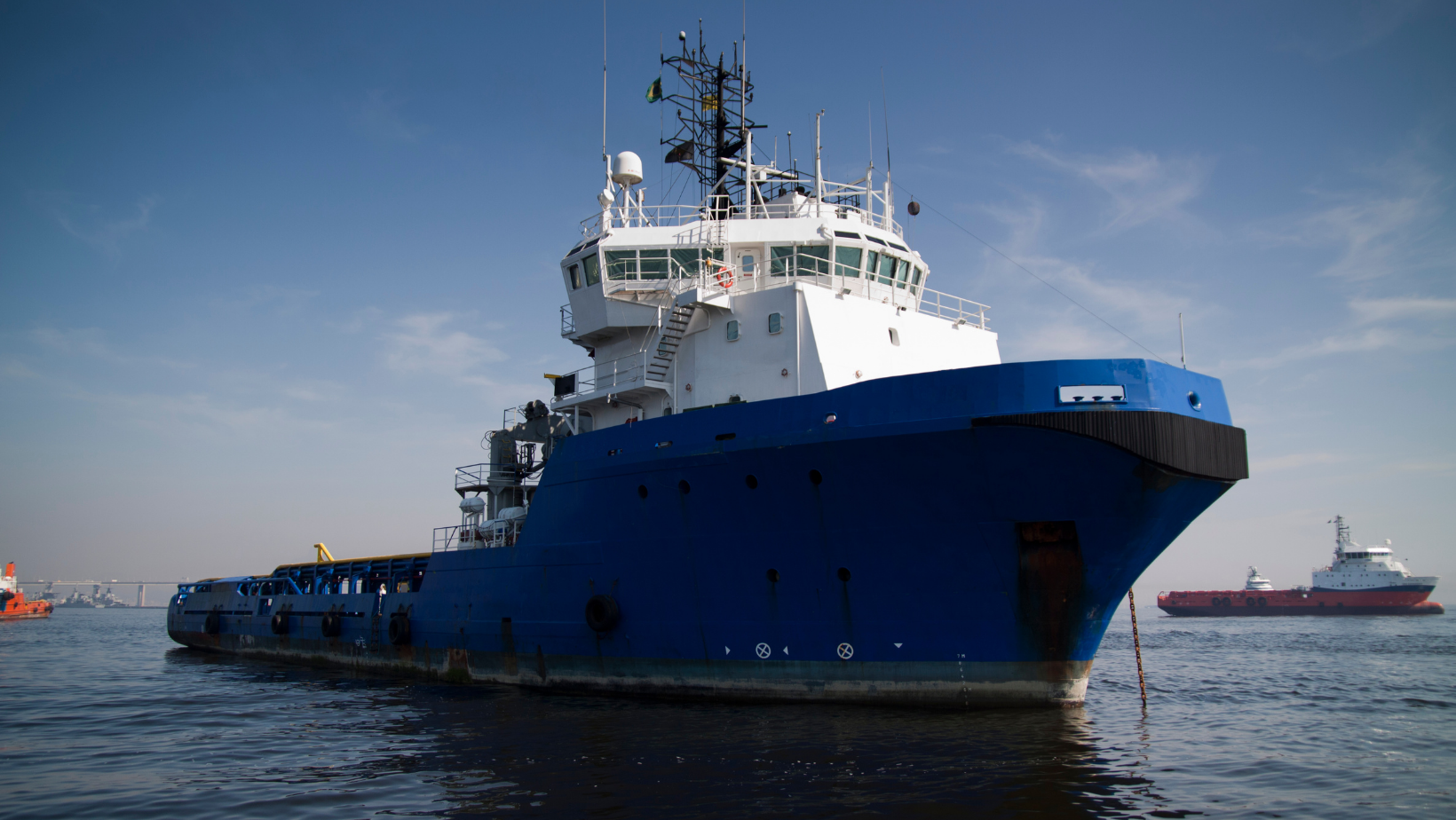West Virginia’s scenic lakes and rivers invite thousands of residents and visitors to enjoy the water each year. Whether it’s a lazy Saturday on Summersville Lake in a family-owned pontoon or a guided river cruise along the Kanawha, boating offers an escape from everyday life. But when things go wrong—when a day of fun turns into a rescue operation or emergency room visit—the type of boat involved can radically change the legal path forward.
Not all boat accident claims are created equal. The legal rules that govern recreational vessels differ sharply from those that apply to commercial operators. From liability standards to insurance coverage and federal maritime laws, the distinctions matter deeply. That’s why working with an experienced boat accident lawyer is essential to ensuring your case is handled correctly from the start, whether your accident involved a rented jet ski or a charter fishing boat.
Table of Contents
ToggleUnderstanding the Legal Status of the Vessel
One of the first things an attorney will evaluate is whether the boat involved in the accident was used for recreational or commercial purposes. Recreational vessels are those privately owned and used for personal enjoyment, such as pontoons, ski boats, or kayaks. Commercial vessels, by contrast, are used for profit, like river tour boats, fishing charters, water taxis, and freight-carrying barges.
Why does this distinction matter? Commercial boats are subject to more stringent safety regulations, licensing requirements, and often fall under federal maritime law. Recreational boaters are generally governed by state law and basic safety standards. This status influences everything from the burden of proof to the amount of compensation available.
Who’s Liable in a Recreational Boat Accident?
In recreational boating accidents, liability often hinges on the operator’s behavior. Did they fail to follow navigation rules? Were they under the influence? Were they operating the vessel recklessly or too fast for conditions? In these cases, injured passengers, swimmers, or people on other boats may have a claim against the boat owner or operator for negligence.
These claims typically fall under West Virginia personal injury law. That means the injured party must prove the boater failed to act with reasonable care and that this failure caused the injury. Gathering evidence—such as witness statements, weather reports, GPS data, or photos—can be vital to proving fault in these cases.
Commercial Operators Owe a Higher Duty of Care
Commercial vessel operators are held to a higher standard of care. Whether they’re transporting goods or paying passengers, they’re considered professionals. This means they must follow both state and federal boating laws and adhere to the rules of the U.S. Coast Guard, which often includes mandatory safety inspections, certified training, and stricter operational protocols.
If someone is injured on a commercial boat—whether due to a slip on deck, a collision, or improper emergency procedures—the operator or company may be found liable even in cases where a recreational boater might not be. Injured parties may also be entitled to compensation under admiralty or maritime law, which adds complexity to the legal process.
What Role Does Insurance Play?
Recreational boat insurance is often limited, and not even required by law in many states, including West Virginia. If the boat owner carries no coverage or has a bare-bones policy, an injured party may need to turn to their own health insurance or pursue a personal claim against the operator directly.
Commercial boats, however, are usually backed by more substantial insurance policies due to their business nature. These policies may include general liability, marine coverage, and even workers’ compensation for crew members. But just because the coverage is broader doesn’t mean insurers are eager to pay. Commercial insurers are often aggressive in disputing claims, which is why legal advocacy is critical.
Jurisdiction: State Court or Federal Maritime Law?
Depending on where the accident occurred and what type of boat was involved, your claim may be governed by state personal injury law, federal maritime law, or even both. For example, if the accident occurred on a navigable waterway like the Ohio or Kanawha River and involved a commercial vessel, federal law may apply—even if you were just a passenger.
This creates significant legal implications. Maritime law uses different standards of liability and damage recovery. It can also affect who is allowed to sue and how long you have to file. An experienced attorney will analyze jurisdictional issues from the outset to determine the right venue for your case.
Passenger vs. Crew Member: Which Are You?
If you were injured while working on a commercial boat—rather than just riding as a passenger—your legal rights change dramatically. You may qualify for protections under the Jones Act, which provides remedies for maritime workers injured due to employer negligence or unseaworthiness of the vessel.
In contrast, passengers injured in recreational or commercial accidents do not qualify under the Jones Act but may still pursue claims for negligence, lack of safety equipment, or failure to warn. Understanding your role at the time of the incident is crucial in identifying which laws apply and what type of compensation is available.
Common Causes of Boat Accidents Across Both Types
Whether it’s a private recreational boat or a commercial vessel, many accidents stem from similar underlying issues. Despite differences in liability and regulation, both types of boating incidents often share key risk factors. Identifying these early is vital to building a strong legal case.
- Operator inattention:
- Distractions or a failure to monitor surroundings can lead to collisions or groundings.
- Inexperience often compounds the risks, especially in crowded or unfamiliar waters.
- Alcohol use:
- Boating under the influence remains a leading cause of accidents, impairing judgment and reaction time.
- Mechanical failure:
- Engine malfunctions, steering issues, or fuel problems can cause sudden and dangerous situations.
- Poor maintenance or ignoring warning signs often contributes to these breakdowns.
- Adverse weather:
- Sudden storms, high winds, and rough waters can quickly overwhelm even seasoned operators.
- Failing to check forecasts or ignoring warnings can result in avoidable incidents.
- Poor navigation:
- Misreading charts, ignoring buoys, or entering restricted zones can cause collisions or groundings.
- Commercial-specific risks:
- Inadequate crew training, overloaded vessels, or failure to maintain safety logs are frequent issues in commercial boating.
- Regulatory noncompliance may also lead to liability.
- Urgency of investigation:
- Evidence such as damage, skid marks on the hull, or vessel logs may disappear quickly.
- Boats might be repaired, cleaned, or returned to rental fleets, and witnesses’ memories can fade.
- Prompt legal action helps preserve key evidence, secure expert analysis, and collect statements while they are still fresh.
Compensation: What Victims Can Recover
Whether you were on a private pontoon or a commercial charter, you may be entitled to recover a range of damages. These include medical expenses, lost income, pain and suffering, emotional distress, and loss of enjoyment of life. In serious cases involving permanent injury or death, future earnings and loss of companionship may also be considered.
However, in commercial cases, there may be additional remedies available depending on the employer’s safety record or regulatory violations. And if maritime law applies, certain limitations—or enhancements—to damages may come into play. Knowing what you’re entitled to depends on knowing what legal system you’re operating under.






